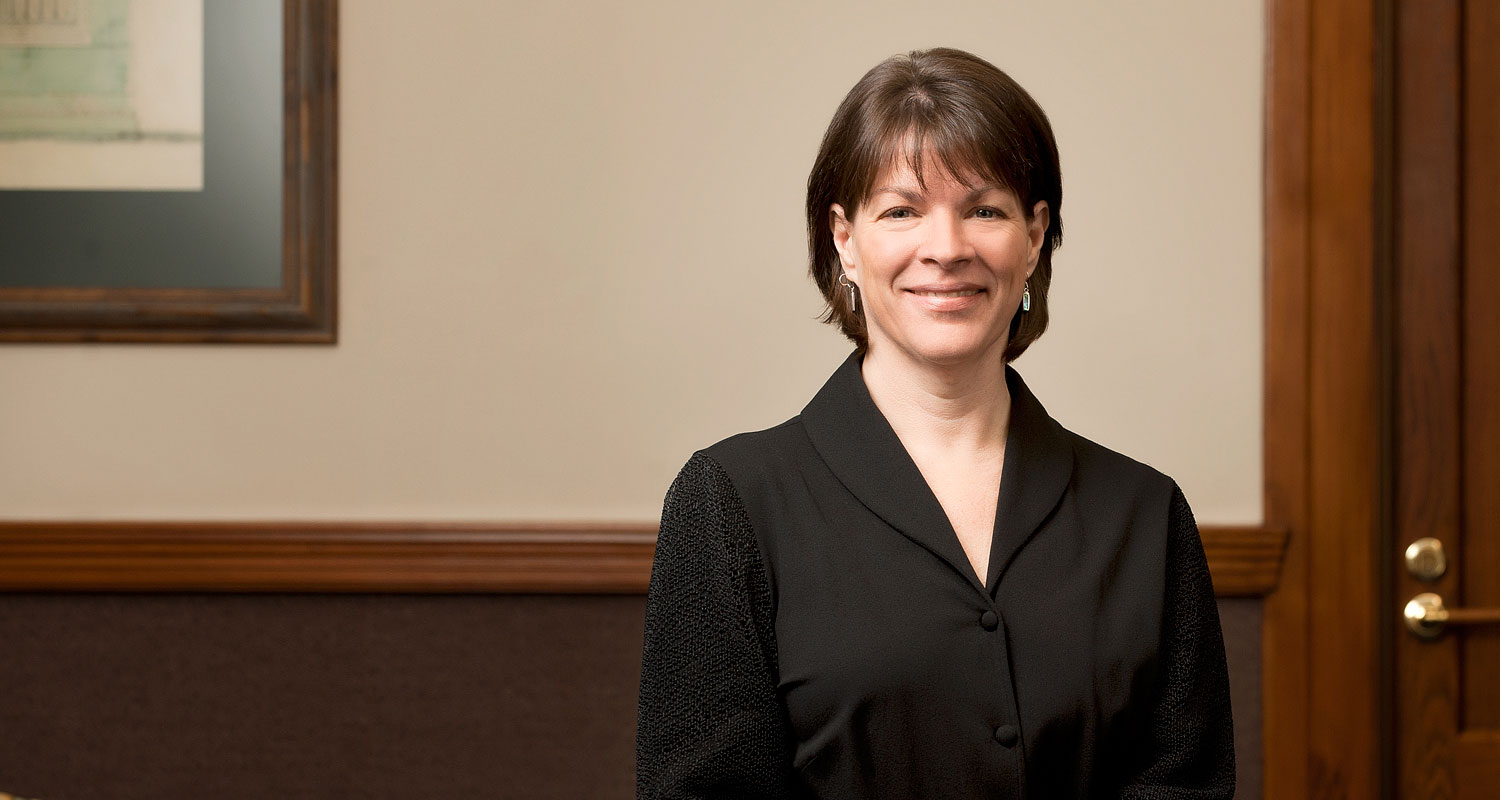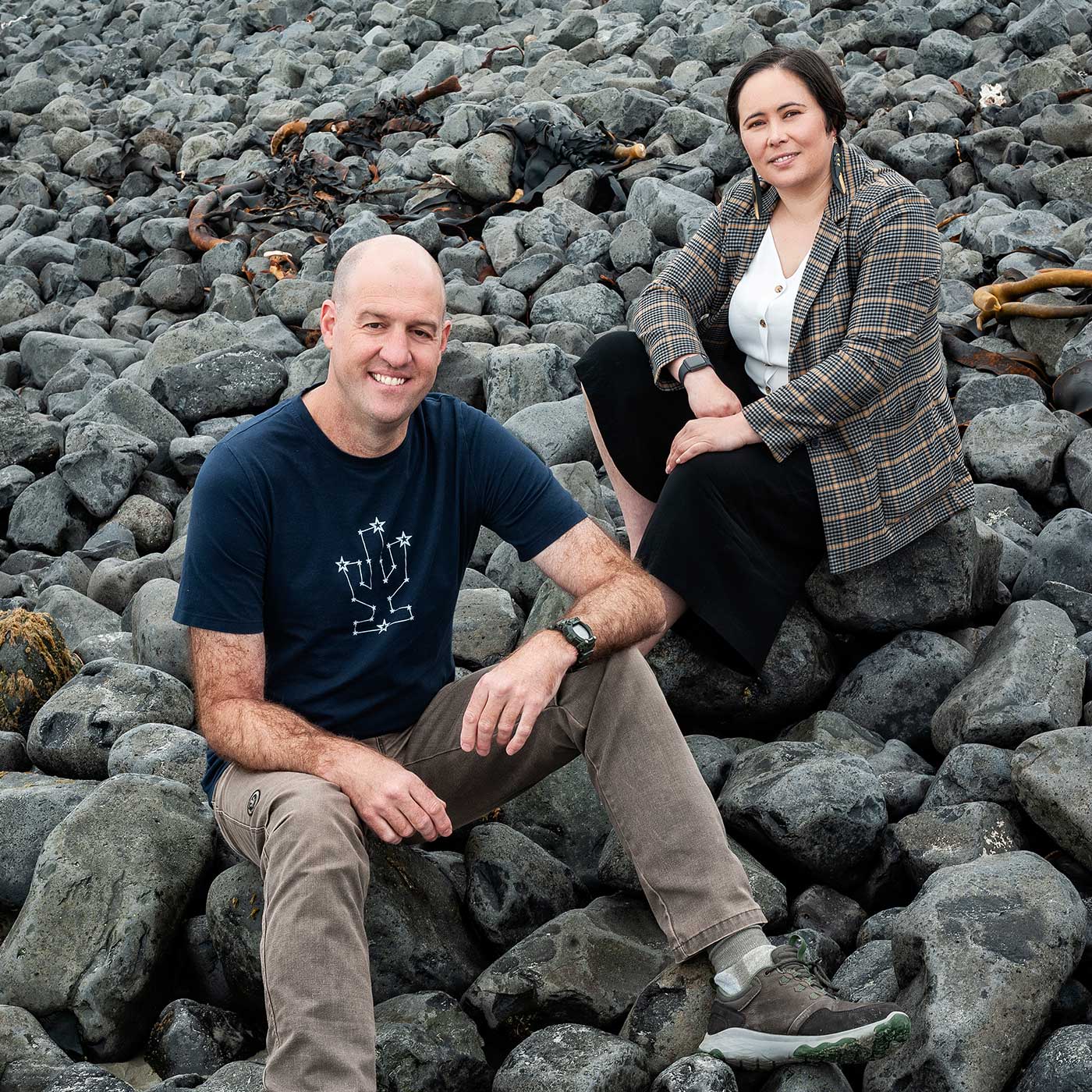Vice-Chancellor's comment

By the time you read this magazine, my term as Vice-Chancellor will have come to an end. On April 8, I will leave the University of Otago to take up the position of Vice-Chancellor at Curtin University in Perth, Australia.
My departure will be bittersweet. Otago has given me a life and a career that has been second to none. At the same time, I am also looking forward to a new challenge at a new university in a new country. I know that I will never love another university the way that I love Otago, but I am beginning to understand that I will learn to love Curtin in an equally fierce, albeit very different, way.
A few years after I became Vice-Chancellor, an article was published in Forbes Magazine in which the author argued that being a University President or Vice-Chancellor was the single biggest leadership challenge of them all. The basis of the argument was that Vice-Chancellors must balance the competing demands of a wide range of stakeholders both inside and outside the organisation while also leading a workforce and a student body that walks around with a metaphorical thought bubble over their head that reads, “you are not the boss of me”. As such, Vice-Chancellors must lead through collaboration and cajoling, not control.
These things are definitely true, but there were also some leadership challenges that the author failed to mention. The first is that a Vice-Chancellor, particularly the Vice-Chancellor at the University of Otago, is also responsible for shepherding legions of young people as they take their final steps to adulthood. This task is often loud, messy, painful and very public – but it is possibly the most important thing that we do at our University. Many people have asked me what I would like to see in the next Vice-Chancellor at the University of Otago. I know that he or she will bring their own skills and expertise to the role, but I am hopeful that whoever is lucky enough to become Otago's next Vice-Chancellor will continue to spend time with our students, enthusiastically embracing both the joy and the sorrow of standing beside them, not only when they succeed but, more importantly perhaps, when they stumble or fall.
“The staff, students and alumni of the University of Otago are quite simply some of the most talented, most dedicated, bravest, smartest and most considerate people I have ever had the pleasure to know. My life has been enriched by the opportunity to meet you, teach you, or work with you over the years.”
The second leadership challenge that was not covered in the article in Forbes is that life, including its pain and uncertainty, often impacts a university directly. Cracks in the earth open up and our cities shake, someone breaks into a building and steals exams, people get sick and die or take their own life, a crazy maniac opens fire on a mosque full of worshipers, a terrible accident happens at a flat party and a student is injured or killed, a pandemic spreads across the world, or some disgruntled person makes a terror threat against a graduation ceremony. These are not hypothetical leadership challenges: these challenges and many others have been our reality over the last 10 years.
But the good news is that the Vice-Chancellor never faces these challenges alone. I would like to express my heartfelt gratitude for all of the wonderful people who have helped this University thrive no matter what life has thrown at us. The staff, students and alumni of the University of Otago are quite simply some of the most talented, most dedicated, bravest, smartest and most considerate people I have ever had the pleasure to know. My life has been enriched by the opportunity to meet you, teach you, or work with you over the years.
The other thing that the author of the Forbes article failed to mention was that, in addition to the challenges of leading a university, there are also periods of immense pride and joy. Universities are remarkable places and they are full of remarkable people. The University of Otago remains a powerful force for good. Both our teaching and our research are world class. Our campus in Dunedin remains one of the most beautiful in the world and we have built a number of world-class, prize-winning facilities over the last 10 years, with more on the horizon. We have not only survived the challenges of the COVID-19 pandemic, we have thrived and we are poised for an amazing future.
I have served as the Vice-Chancellor at the University of Otago for almost 10 years and I have been an employee here for almost 30. I have literally spent half of my life at Otago. Otago is my home. I have no idea what it will feel like to walk out of the Clocktower for the final time, but what I do know is that as I embark on my new journey, I will take with me all of the important lessons that I have learned at this fine University and I am hopeful that, like our alumni, I will always have the opportunity to come home.
I wish you all the very best for the future. Please stay safe and stay in touch.
Vice-Chancellor
Professor Harlene Hayne

